12 Foods That Protect Against Glaucoma
There was some conversation about glaucoma at our New Year’s Day brunch. It runs in our family, so we cousins were voicing our concerns.
If you can relate, then take a look at the scientific research I found posted on a great site, www.care2.com. Dr. Michelle Schoffro Cook says abundant research shows that diet plays a huge role in the health of our eyes.
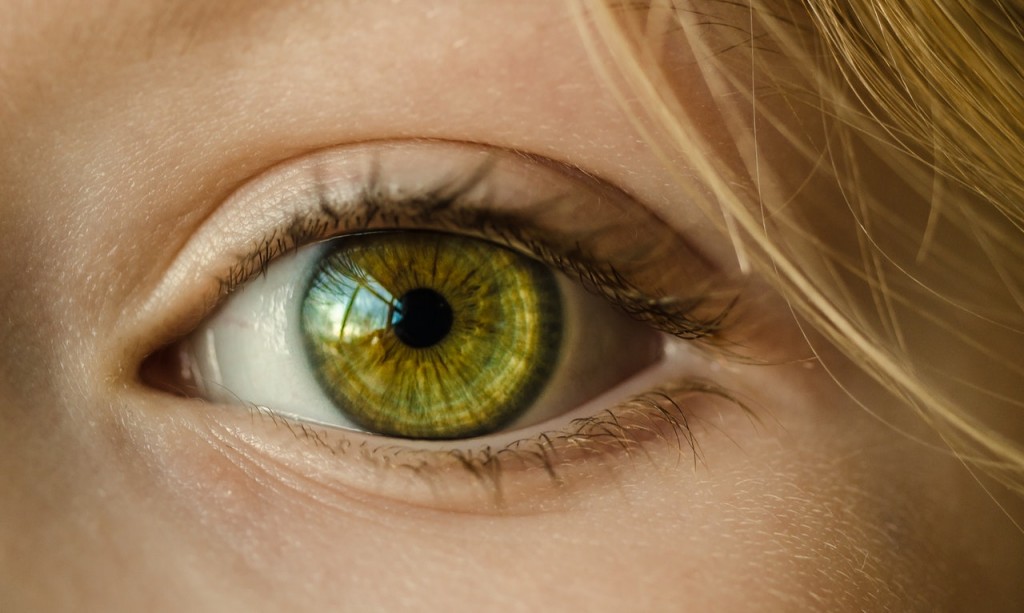
Nutritionally protecting our eyes is as important as eating healthy to maintain a healthy body weight, or balanced blood sugar, or brain health. Considering that neurodegenerative eye diseases like glaucoma can increase with frequency as we age, it’s always a good time to start nourishing your eyes. And, since January is Glaucoma Awareness Month, there has never been a better time to start eating to prevent this eye condition.
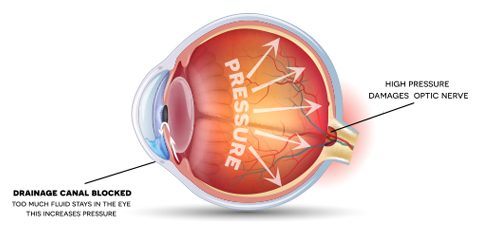
Glaucoma is an eye disease in which increased pressure in the eye distorts the shape of the eyeball and damages the lens. It can cause blindness if adequate measures aren’t taken to control the condition.
So diet-wise, there are two things to know: 1) It’s very important to cut back on salt, because excess sodium increases the intraocular pressure in the eyes, aggravating the condition. And 2), making healthy food choices is critical to preventing glaucoma. So with that said, here are the 12 foods science says can prevent glaucoma:
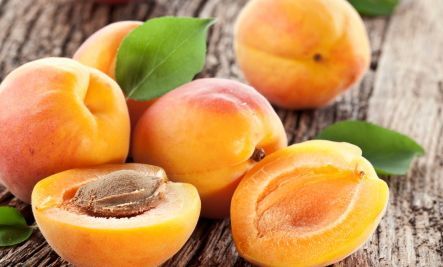
APRICOTS. They’re rich in alpha-carotene, a type of carotenoid (a group of about 700 different yellow-orange-red pigments found in fruits and vegetables). Alpha carotene helps maintain eye health and quells eye inflammation.
BLACKBERRIES. Also containing alpha-carotene as well as anthocyanins and rutin, these berries protect the eyes against free radicals and strengthen blood vessels to the eyes.
BLUEBERRIES. Like blackberries, blueberries also contain anthocyanins. Blueberries also help quell inflammation, which is a big factor in glaucoma.
GRAPEFRUIT. It contains a potent eye-healing nutrient known as naringin. This bitter-tasting plant nutrient is a powerful antioxidant that protects the retina. NOTE: It’s centralized in the white pith, so be sure to eat some of this.
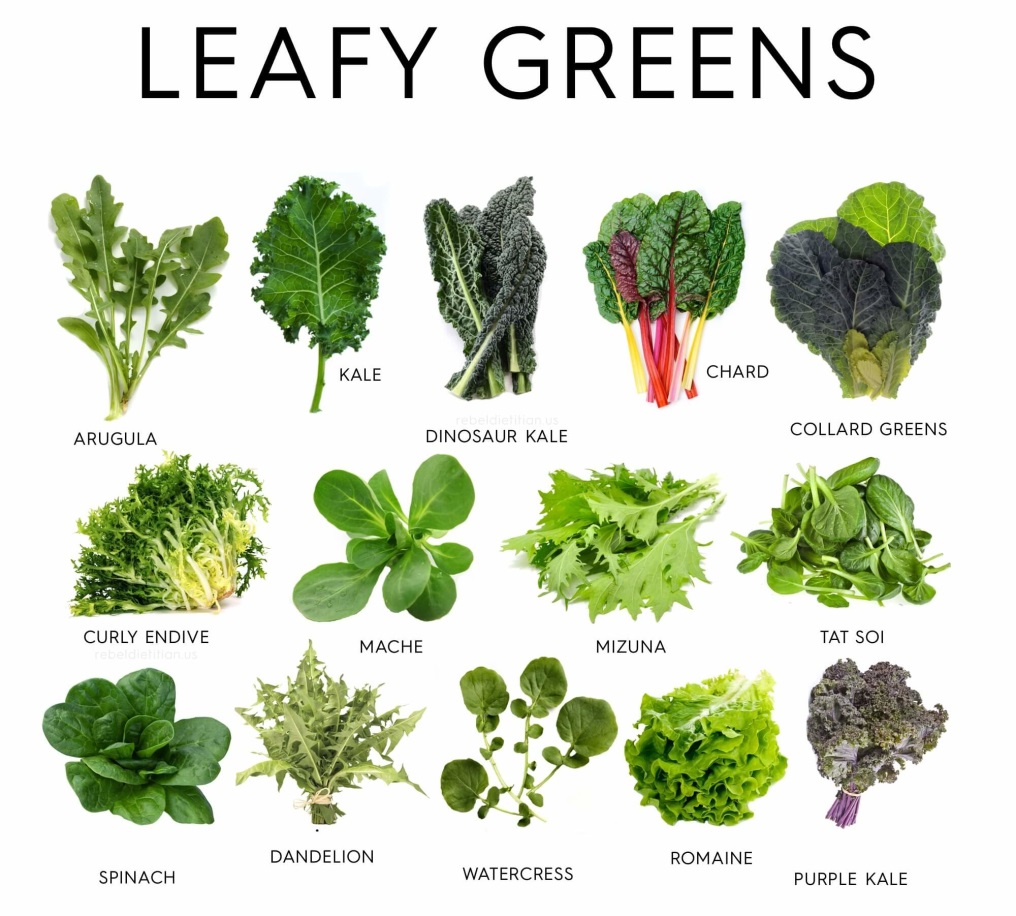
LEAFY GREENS. Leafy greens (collards, kale, chard, beet greens, lettuces, etc.) contain a wide range of carotenoids, including alpha carotene and beta carotene, which are precursors to eye-healing vitamin A. Additionally, they contain lutein, an antioxidant that protects against free radical damage.
LEEKS. They contain the antioxidants lutein and zeaxanthin, making them doubly important to ensure eye health.
MANGOES. They’re rich in the nutrient known as zeaxanthin which helps prevent against eye degeneration. And it doesn’t matter if they’re fresh, frozen or dried. They all do the trick.
ORANGES. They also contain the rutin (needed so your body can properly absorb vitamin C). Rutin is a powerful nutrient that improves overall eye health and strengthens blood vessels, especially the small capillaries in the eyes. Because it also improves circulation and acts as an antioxidant against free radical damage, it is beneficial for the prevention and treatment of glaucoma. NOTE: As with grapefruit, it’s centralized in the white pith, so be sure to eat some of this.
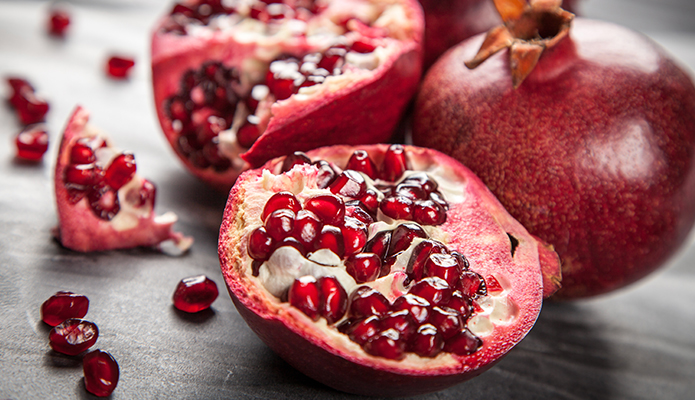
POMEGRANATES. Their seeds protect artery walls from free radical damage. Both the fresh fruit and the juice are excellent choices to prevent glaucoma.
ROSEHIPS. Brew up a batch of rosehip tea to enjoy the vitamin C and rutin needed to protect eye blood vessels and to help normalize ocular pressure.
SWEET POTATOES. Like mangoes, sweet potatoes contain zeaxanthin as well as beta carotene, both of which help prevent glaucoma.
WILD SALMON. The two types of Omega 3s found in fatty fish like wild salmon, help reduce glaucoma risk and severity. Researchers also believe that an incorrect ratio of Omega 3s to Omega 6s plays a causative role in glaucoma, particularly since high amounts of Omega 6s without sufficient Omega 3s, can cause the inflammation which aggravates the disease.
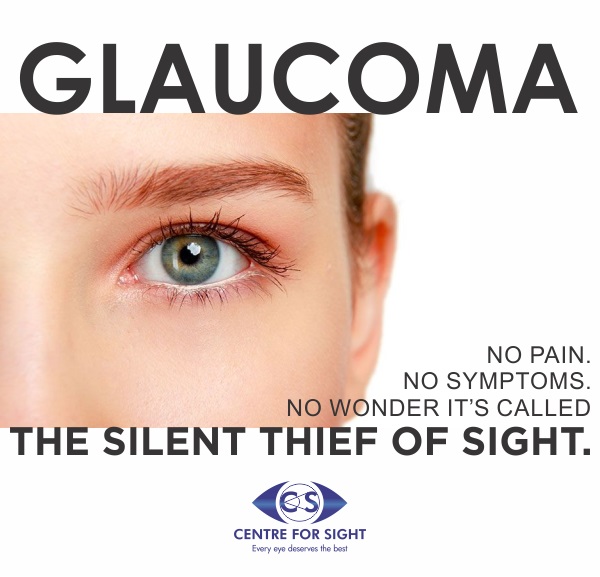
I’ll close by pointing something out. Have you noticed as you’ve been reading my health-oriented articles over the years that the same thing keeps popping up? With a few exceptions (salmon being one), plant foods are THE answer to maintaining health and even arresting many diseases. So why not, then, deliberately plan the majority of our meals around these health-promoting and health-protecting foods? Here’s to 2019—the year of improved health (AND protecting our eyes against this silent thief of sight)!
- www.2020image.com
- www.eyelasersurgerysydney.com.au
- www.care2.com
- www.6am-group.com
- www.drfuhrman.com
- www.pinterest.com
 Alice Osborne
Alice Osborne
Weekly Newsletter Contributor since 2006
Email the author! alice@dvo.com
